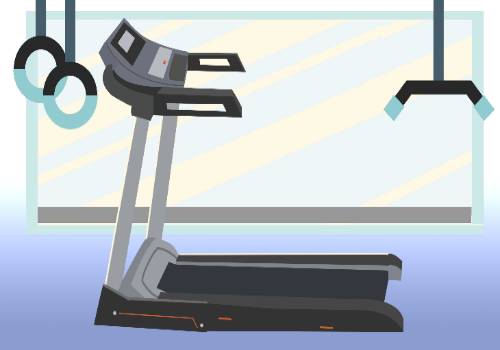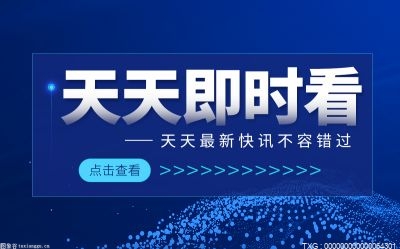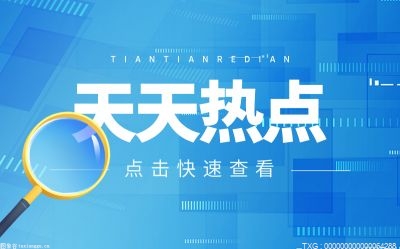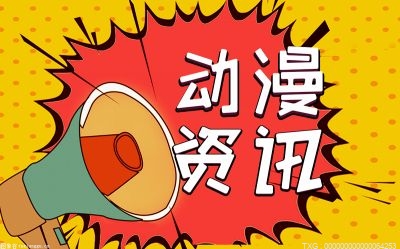歐盟審查并修訂噠螨靈在梨果類水果中的現有最大殘留水平_世界看點
 (相關資料圖)
(相關資料圖)
根據歐盟條例(EC)No 396/2005第12章的規定,Nissan Chemical Europe SAS提交了該修訂申請。經過評估,歐盟食品安全局得出結論,根據所報道的農業實踐,短期和長期攝入因使用噠螨靈而產生的殘留物不太可能對消費者健康構成風險。部分原文報道如下:
In accordance with Article 6 of Regulation (EC) No 396/2005, the applicant Nissan Chemical Europe SAS submitted a request to the competent national authority in the Czech Republic to modify the existing maximum residue levels (MRLs) in pome fruits and to evaluate the confirmatory data identified in the framework of the MRL review under Article 12 of Regulation (EC) No 396/2005 as not available. To address the data gaps on residue trials, new trials according to the Good Agricultural Practices (GAPs) on apples, pears, medlars, quinces, loquats/Japanese medlars, apricots, peaches and beans with pods evaluated during the MRL review were not provided. These data gaps are not addressed. However, residue trials on apples and pears for an alternative GAP were provided and resulted by extrapolation in an MRL proposal for pome fruits lower than the current (tentative) MRL in EU legislation. The provided information may require a revision of the existing MRLs for pome fruits, apricots, peaches and beans with pods. Information on storage temperature of samples from the feeding study and a validated analytical method for animal commodities were submitted. The two data gaps on animal commodities were satisfactorily addressed. Adequate analytical methods for enforcement are available to control the residues of pyridaben in plant matrices under consideration and in all animal matrices, where currently an limit of quantification (LOQ) of 0.02 mg/kg is considered at the validated LOQ of 0.01 mg/kg. based on the risk assessment results, EFSA concluded that the short-term and long-term intake of residues resulting from the uses of pyridaben according to the reported agricultural practices is unlikely to present a risk to consumer health.
編輯:qysb005標簽:









